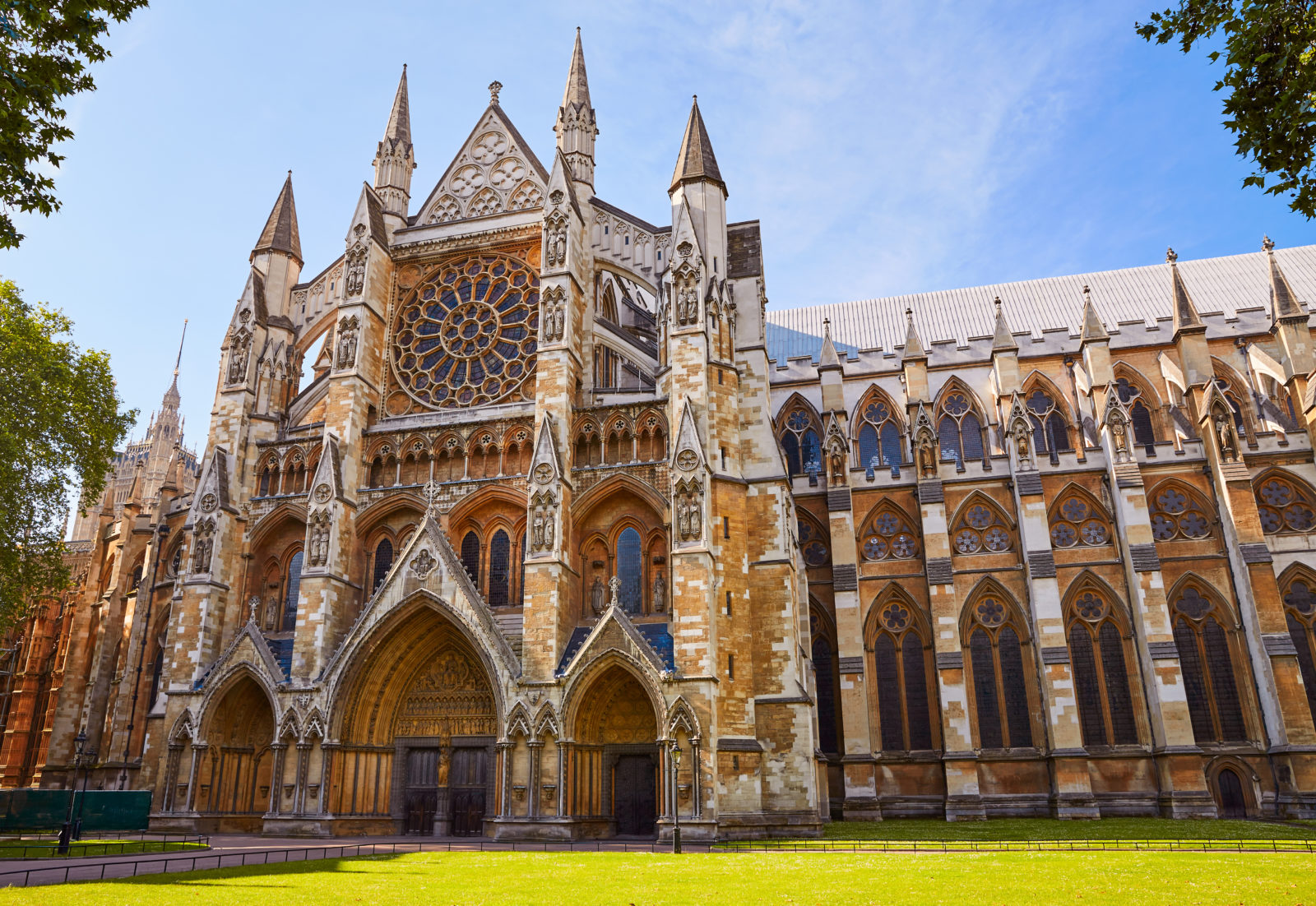Several readers of my column two weeks ago wanted more information on the book Piers Plowman and its historical context. Glad to provide, especially because that late medieval time in some ways parallels our own.
To make a bad pun, we often feel that the early 21st century is mid-evil: After an optimistic 1990s, we’ve had 9/11, the Great Recession, drug deaths, and Covid, among other maladies. In England, the Medieval Warm Period that ran for three centuries before 1300 brought good crops and an expanding population, but England had a Great Famine in 1314, lesser ones in 1321, 1351, and 1369, and the Black Death—bubonic plague—in 1348. Scholars estimate that from 1348 to 1375 England’s population declined by 42 percent. That’s as if COVID, instead of killing one million Americans, had killed almost 140 million.
William Langland in Piers Plowman, which dates from the 1370s, wrote, “I warn you, workmen, draw wages while you may, for here comes Hunger, hurrying fast.” As mortality grew, morality decreased: Langland wrote that “beggars show no love nor live by the law, and many won’t marry the women they mate with.” He added, “The cross on coins is accorded more respect than the cross of Christ.”
Langland, as I noted two weeks ago, went back and forth on whether and when to give money to the homeless, but he painted acidic pictures of life among them. He generalized in 1362 that homeless men had “no other church than the brewhouse,” where they drank “gallantly and deep” and then slept on the floor. The next day they kept “a sharp lookout where they may soonest get a breakfast, or a rasher of bacon, money, or victuals, and sometimes both, a loaf, or half a loaf, or thick piece of cheese… and contrive to live in idleness and ease, by the labours of other men.”
England in 1290 had forced all Jews to leave the country, an action that hurt the economy and brought about God’s punishment, some said. Langland, though, was most impressed that there had not been homeless Jews: “A Jew will not see a Jew go starving, for the wealth of the world if he can help it. Why cannot then Christians… help each other when any is in need? It is shameful if Christians cannot be as kind and as gentle as the Jews, like whom we should behave; I foresee that such stinginess will make us all suffer. “
Some said the world was coming to an end. Others pretended to know why bad things happened to people who thought they were good. But Piers Plowman graphically taught, “Any person who expects to work out God’s plan deserves to have his eyeball shoved up his arse.” Langland knew that the question of why God lets Satan succeed in his scheming is impossible to answer with our level of knowledge, but he wrote that God is smarter than us and what happens in the final analysis is “as God wanted. We worship him for it. And however we argue, it always will be.”
Langland walked a fine line between compassion and enabling wrongdoing. On the one hand, “See who will receive before handing out alms.” On the other hand, “give to all who ask since God gives his all: Do not pick whom to pity lest you pass by a person who merits your pity and pleases God more…. For only God knows who is in need, and deceit, if any, resides in the receiver.”
Langland also argued that those with means should not wait for the perfect plan to relieve the needs of the homeless: “Those who think up confusing theories How Do-better differs from Do-well somehow: I hope they go deaf for they have no idea. Unless they live the life of a Do-well, I’ll willingly wager they won’t Do-better, however much Do-best may urge them on.”Piers Plowman offers witty comments—for example, given our propensity to brag, we might ask “why Adam chose to hide his organs not his mouth.” But the basic message is that this world is a schoolhouse: “You’ve been warned to mend your ways while you may/ By outbreaks of Plague, and poverty and pain: God chides his children with these chafing rods: Such as I love, I rebuke and chaste.”

